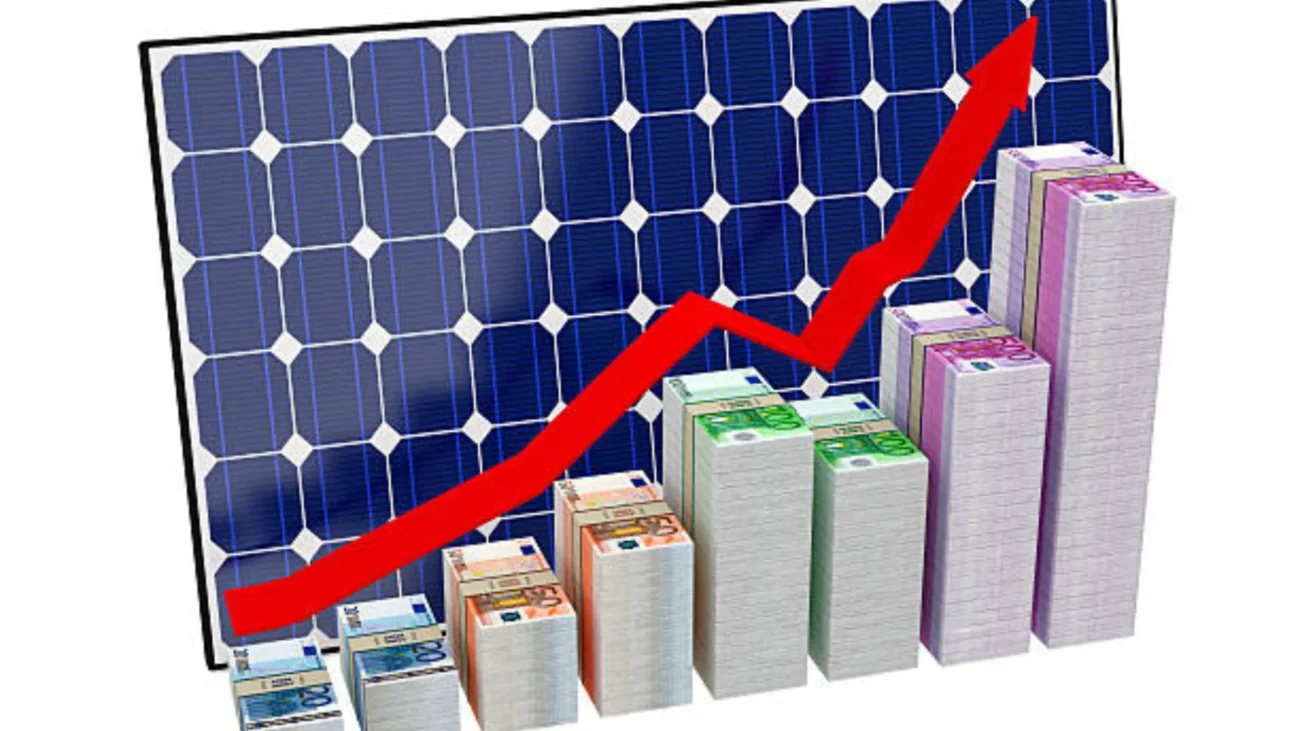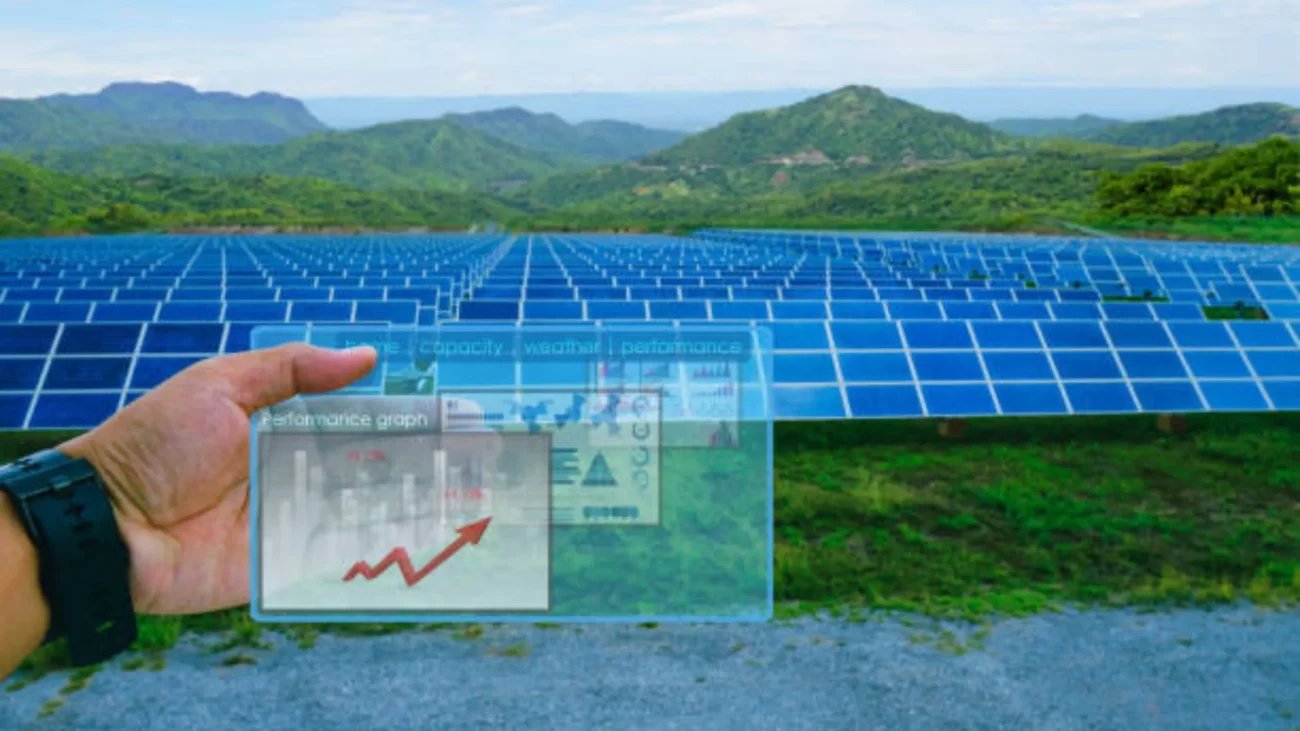Solar panels have become increasingly popular as a renewable energy source, but many wonder if their prices will continue to drop. Let’s explore the factors influencing solar panel costs and whether they’re likely to become more affordable in the future.
Introduction to Solar Panels
Solar panel, often referred to as photovoltaic (PV) panels, are innovative devices designed to harness the abundant energy of the sun and convert it into usable electricity through the photovoltaic effect. This revolutionary technology relies on semiconductor materials, typically silicon, which possess unique properties that allow them to generate an electric current when exposed to sunlight.
The concept behind solar panels is elegantly simple yet immensely powerful. When sunlight strikes the surface of a solar panel, it excites electrons within the semiconductor material, causing them to break free from their atomic bonds and create an electric current. This process, known as the photovoltaic effect, forms the foundation of Solar Energy generation and has paved the way for a cleaner, more sustainable future.
In This Post
Factors Affecting Solar Panels Prices
Technological Advancements
Advancements in solar technology, such as improvements in efficiency and manufacturing processes, have contributed to reducing the cost of solar panels over the years.
Manufacturing Costs
The cost of manufacturing solar panels has decreased significantly due to economies of scale, increased competition among manufacturers, and streamlined production processes.
Government Incentives
Government subsidies, tax credits, and incentives for renewable energy installations have helped lower the upfront costs of purchasing and installing solar panels for homeowners and businesses.

Trends in Solar Panels Prices
Historical Price Reductions
Over the past decade, the price of solar panels has declined substantially, making solar energy more accessible to a broader range of consumers and driving widespread adoption.
Future Projections
Experts predict that solar panel prices will continue to decrease in the coming years as technology advances further, economies of scale improve, and manufacturing processes become more efficient.
Challenges in Solar Panel Cost Reduction
Material Costs
The cost of raw materials used in solar panel manufacturing, such as silicon, glass, and aluminum, can fluctuate and impact overall production costs.
Installation Expenses
While the cost of solar panels has decreased, installation expenses, including labor, permitting, and equipment, can still be significant factors influencing the overall cost of a solar energy system.

Benefits of Cheaper Solar Panels
Accessibility and Affordability
Cheaper solar panels make renewable energy more accessible and affordable for homeowners, businesses, and communities, promoting energy independence and reducing reliance on fossil fuels.
Renewable Energy Adoption
Lowering the cost of solar panels encourages greater adoption of renewable energy solutions, contributing to environmental sustainability and mitigating climate change by reducing greenhouse gas emissions.
Conclusion
While solar panel prices have already seen significant reductions, the trend of decreasing costs is expected to continue in the future. Technological advancements, manufacturing efficiencies, and supportive government policies are driving the affordability of solar energy, making it an increasingly viable option for consumers worldwide.
FAQs
How much do solar panels cost on average?
The average cost of solar panels varies based on factors such as system size, quality, and installation expenses. Residential solar panel systems typically range from $10,000 to $30,000 before incentives. Prices may fluctuate depending on location, local incentives, and the solar provider’s pricing structure.
Will solar panel prices continue to decrease?
Yes, experts predict that solar panel prices will continue to decrease due to advancements in technology, increased competition, and economies of scale in manufacturing. This trend makes solar energy more accessible and affordable for consumers, driving widespread adoption of renewable energy solutions.
Are there any government incentives for installing solar panel?
Yes, many governments offer incentives such as tax credits, rebates, and net metering programs to encourage the adoption of solar energy. These incentives can significantly reduce the upfront cost of installing solar panel for homeowners and businesses, making renewable energy more accessible and affordable.
What are the long-term savings of installing solar panel?
The long-term savings of installing solar panel include reduced electricity bills, increased home value, and protection against rising energy costs. While upfront costs may be significant, solar panels can provide substantial savings over their 25 to 30-year lifespan, offering a return on investment and promoting energy independence.
What factors should I consider before installing solar panel?
Before installing solar panel, consider factors such as your energy needs, available sunlight, roof orientation, shading, and financing options. Additionally, assess local regulations, incentives, and warranties. Consulting with a reputable solar installer can help evaluate these factors and determine the feasibility and cost-effectiveness of solar energy for your property.
